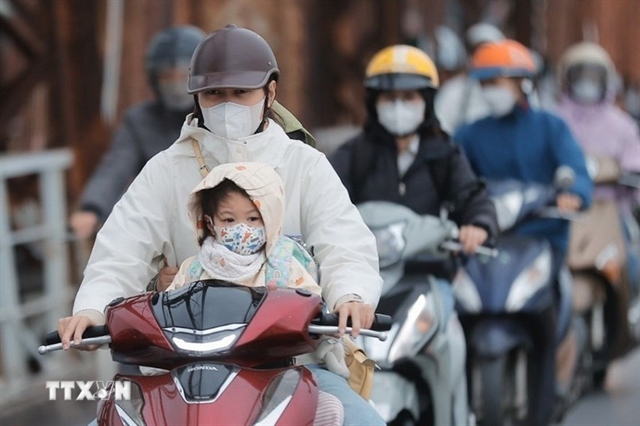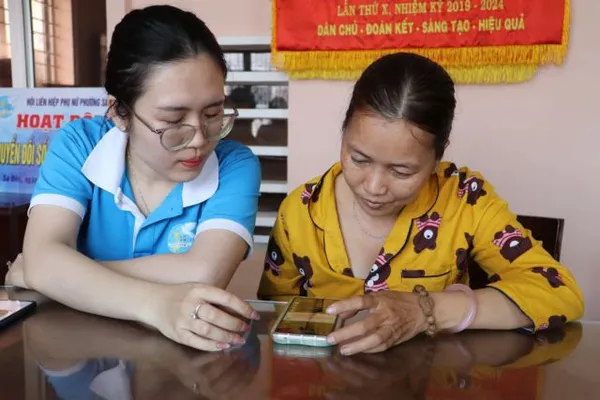 Politics & Law
Politics & Law
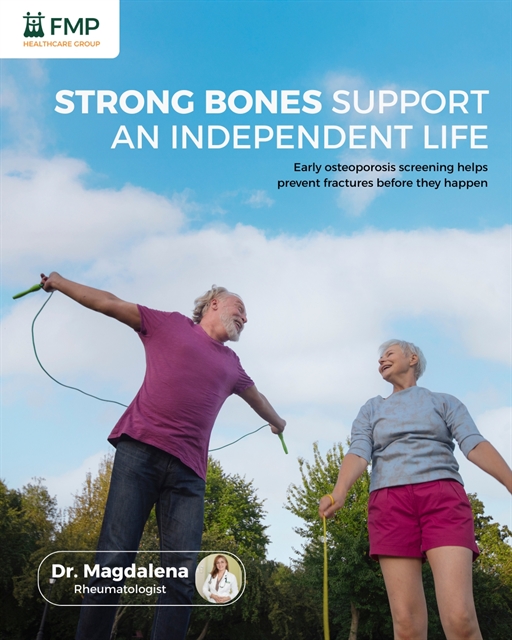
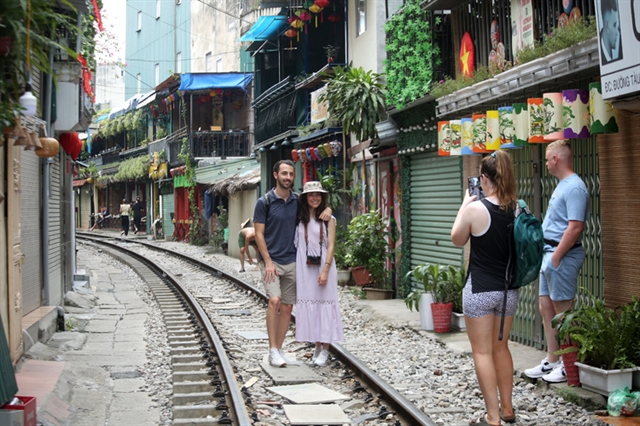 |
| Foreign tourists took photos on the famous railway cafe street in Hà Nội in July 2022.— VNA/VNS Photo Lê Phú |
HÀ NỘI — Among solutions to boost Việt Nam's tourism recovery post-pandemic and make it a key economic sector, it was necessary to remove institutional obstacles related to regulations on entry and exit, transit and duration of stay to make it more convenient for international tourists, said Minister of Culture, Sports and Tourism Nguyễn Văn Hùng.
Speaking at a meeting of the State Steering Committee for Tourism on tourism recovery chaired by Deputy Prime Minister Vũ Đức Đam yesterday, Hùng also proposed other solutions including setting up tourism representative offices in some key markets, creating mechanisms for linkage and development of tourism among sectors and localities in the region and continuing to perform the tasks outlined in the Strategy for Việt Nam's tourism development to 2030.
Hùng said that since Việt Nam resumed tourism activities on March 15, the industry had focused on the domestic market and achieved impressive recovery results.
It served nearly 72 million domestic tourists and 733,000 foreign visitors, raking in about VNĐ316 trillion (US$13.5 billion).
The number of new travel firms and those resuming operations reached 3,623, both domestic and foreign, and up to 90 per cent of lodging facilities reopened.
However, the minister said, the domestic tourism sector has been facing the pressure of rising service prices, a staffing crunch for lodging facilities and services, and competition in visa granting, among other obstacles.
Regarding the implementation of the Politburo’s Resolution No. 08-NQ-TW on developing tourism into an economic spearhead and the Government’s Resolution No. 103/NQ-CP on the action for foreign visitors.
"The key to attracting foreign holiday-makers lies with facilitating e-visa issuance," the minister said.
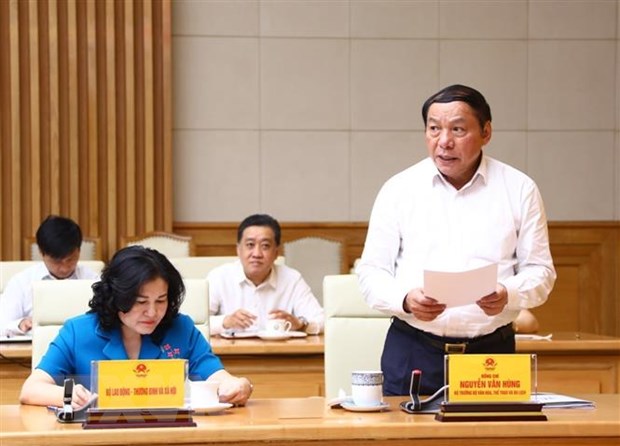 |
| Minister of Culture, Sports and Tourism Nguyễn Văn Hùng emphasises the need to solve issues on immigration and stay for international visitors to Việt Nam. — VNA/VNS Photo |
Chairman of the Việt Nam Tourism Association Vũ Thế Bình stressed that to ensure sustainable tourism recovery post-COVID-19, besides domestic tourism, measures including personnel training, should be taken to ramp up international tourism.
It was also needed to continue improving the quality of tourism services so that Việt Nam's tourism could compete with other countries.
Bình proposed the establishment of tourism promotion offices of associations, with large tourism enterprises playing core factors. The offices should be opened in key markets, with the support of Việt Nam's embassy and trade consulate in the host country.
Bình also noted the establishment of the Tourism Development Support Fund.
A key solution is to create favourable conditions in the issuance of electronic visas for visitors and extend the stay for foreign visitors, participants at the meeting agreed.
The Ministry of Public Security said it granted e-visas to citizens from 80 countries and territories and offered visas exemption to travelers from 25 others.
Deputy Prime Minister Đam who is also head of the State Steering Committee for Tourism asked the Ministry of Culture, Sports and Tourism (MCST) to review the operation of household businesses in the tourism sector affected by COVID-19.
The ministry should coordinate with core travel firms to form key routes connecting localities, He ordered restarting of heritage digitalisation with the participation of travel enterprises to promote new tourism products.
Regarding electricity prices for tourism services and lodging facilities, Đam asked the Ministry of Industry and Trade to submit a plan on power price adjustment to the Prime Minister before application.
The MCST, travel associations, and firms should propose specific tax and land incentives, he said. — VNS



